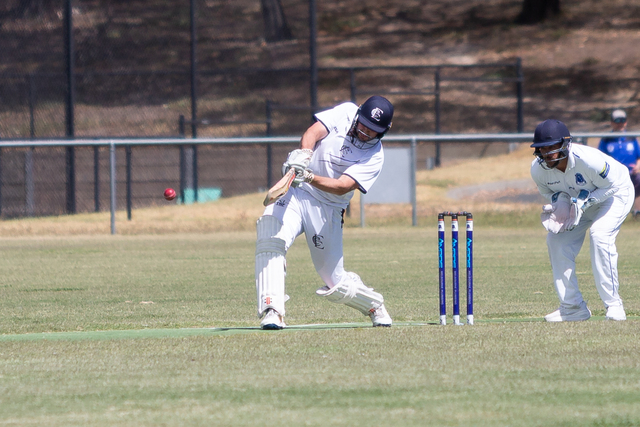People living in Wollert and Roxburgh Park are among the Victorians most vulnerable to unemployment and housing stress as a result of COVID-19, a new report reveals.
A report by data analytics company Seer Data outlines the suburbs at risk of job losses and mortgage and rental stress as a result of the economic fallout from the pandemic.
Seer Data explored suburbs which possessed a high risk of mortgage and rent stress, along with workers in industries such as hospitality, retail, arts and accommodation who could be stood down or laid off.
The analysis was extracted from ABS information and other publicly available data.
The report identified residents of Carlton as being the state’s most vulnerable as a result of the number of residents employed in vulnerable industries and occupations and the number of households experiencing either mortgage or rental stress.
It was followed by Melbourne and Clayton.
Wollert was identified as Victoria’s sixth-most vulnerable suburb.
According to Seer Data, 23 per cent of Wollert’s population is at risk of mortgage stress, while nine per cent is at risk of rental stress.
The report found that 22 per cent of Wollert residents are employed in vulnerable industries or occupations, such as community and personal services workers (465 people), labourers (416 people) and retail trade (410 people).
Roxburgh Park was named as the ninth-most vulnerable suburb, with 21 per cent of the population at risk of mortgage stress and 10 per cent at risk of rental stress.
According to the report, 19 per cent of residents are vulnerable to unemployment, with 964 people working as labourers, 945 people employed as community and personal services workers, and 815 people in sales.
Other suburbs identified as being highly vulnerable included Craigieburn West, Broadmeadows, Craigieburn North and Epping West.
Seer Data chief executive Kristi Mansfield said the data could be used to help support vulnerable communities recover from the economic and social impacts for COVID-19.
“Due to the COVID-19 crisis, we are already seeing communities become vulnerable that would not have usually been,” she said.
“Access to data is an essential resource to drive decision-making and we want to help organisation and government agencies build a clear picture of each community so they can take the most appropriate actions on a local level in response to this crisis.”

















